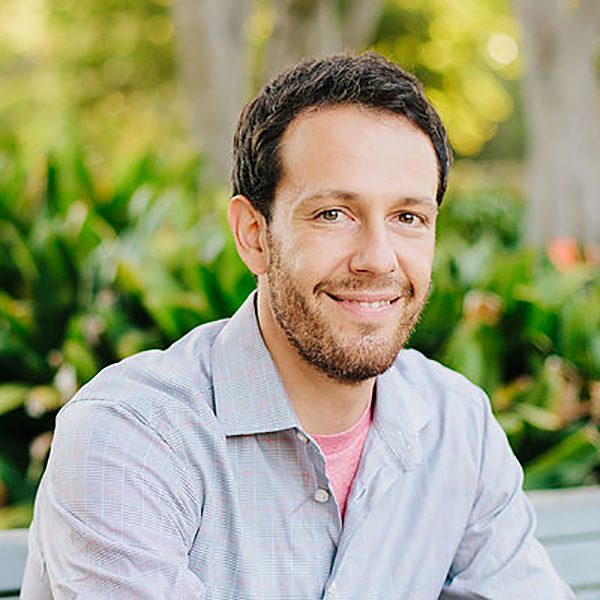Applications of machine learning to health care and medicine have finally broken free from confinement within academic conferences and pilot deployments in the country's elite hospitals. By the end of 2019, tens of millions of Americans will have Apple Watches with AI-powered arrhythmia detection on their wrists, which is just one example of the several medical devices using machine learning cleared by FDA last year.
This revolution has been enabled by a new kind of data taking center stage in medical research: data from wearable sensors, smartphone apps, and other IoT devices. Unlike traditional data sources used in medical research, these data are high-frequency, continuously collected over time, and permissioned and controlled by the individuals who generate it.
In this talk we'll look at how novel high-frequency data, such as that collected by Evidation in the largest virtual pool of research participants in the US, can provide new insights into the health and disease of millions of individuals. We will share real world examples of our work in a variety of diseases and conditions such as flu, diabetes, and multiple sclerosis. We’ll then explore how machine learning can speed up the creation of better methods for measuring disease progression in real life scenarios. Finally, we'll cover the potential pitfalls of widespread use of machine learning in high-stakes domains such as health care and medicine.


